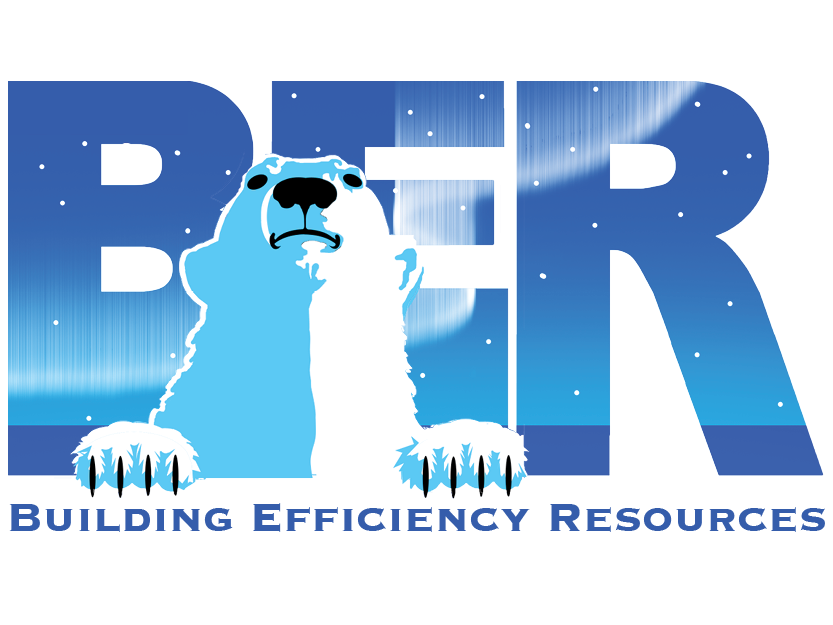Be The Expert

Business Principles to Help You Excel
As the nation’s largest HERS Provider, we often get asked by our clients how they can be successful in the green building industry. While every company is certainly unique (size, location, market demand, etc.), there are four business principles which we can definitively say will increase your competitive edge. Following these four principles will not guarantee you success – but they are a recipe for creating industry-leading customer service.
- Be the expert
- Be everywhere
- Be involved
- Be service oriented
In a series of blog articles, we will be going in-depth into each one of these principles. For the first installment, let us focus on what it means to “be the expert”.
Business Principle #1: Be the Expert
In the green building industry, there are greenhorns and Green Raters. To be a successful business leader, you want to make sure you are the latter. Experts are admired by their clients, colleagues, and competitors. Easily answering a question from a client about how double-stud walls will affect the HERS rating builds confidence that they hired the right company for the job. Being the go-to person in your company for answers to complex technical questions makes you an invaluable resource. And being right when your competitor is wrong is a surefire way to win clients out from other companies. But how does one go from greenhorn to expert Green Rater? Sure, years of field experience absolutely helps build an encyclopedia of inherent knowledge. However, there are other ways to fast-track expertise.
If your goal is to become an expert in HERS ratings or green building, start by asking this question: Why am I doing this? The answer to that question will go a long way to determining how much of an expert you will become and how long it will take you to get there. Understanding your own motivations for being in green building and deciding to make a long-term commitment to the industry is critical to success. One study showed that with the same amount of practice, people with a long-term commitment to the task outperformed the short-term commitment group by 400%. By putting your whole heart into the green building industry and committing to it as a long-term career will put you miles ahead of those who do this as a job for a paycheck.
Learn from the best.
While there are some in business who get lucky and shoot to the top all on their own, most experts take a more measured path to the top. Knowing who the experts in the industry are and intentionally spending time with them is a proven method of inheriting a wealth of learned experience in a short time. Understanding the ins and outs of the ENERGY STAR program could take years of field experience for someone on their own, or it could be weeks with a seasoned mentor at your side. For company owners and Raters at the head of their company, it may be hard to find a mentor who is willing to take the time to help you succeed. Never fear! BER is a company that helps our clients succeed and never competes with you. BER’s ProCert training department has several excellent course offerings designed to get you going in your journey and our staff has some of the industry’s leading experts who are always willing to help you out on your path to success. After all, your success is our success!
Figure out what is important.
It is said that the most productive 20% of work produces 80% of the results. What is the most important 20% in your area? For some companies, HERS ratings are the bread and butter of their business. Be the expert at HERS ratings! Other companies in other areas may find ENERGY STAR certification, LEED for Homes, code compliance, or energy retrofits to be the best use of their time and talent. If that’s you, then do that, and do it well! In other words, you don’t have to be an expert at everything – just be the expert at the thing(s) that produces the greatest results. Your clients will already know what is most important because the building marketplace has informed their decision. It is up to you to stay on top of those decisions so that you can be the go-to expert for your clients.
Challenge yourself.
Don’t be afraid to step outside of your comfort zone. People learn best when they struggle. Sticking to the same routine you are used to does not help you learn, grow, and become an expert. Trying new things does. Are you an RFI? Work on becoming a Certified HERS Rater! Already a Rater? Get your ENERGY STAR certification! If earning additional certifications is not helpful for you, it is still possible to stretch your boundaries by digging even deeper into the area you already practice. Beyond HERS Rater is the Quality Assurance Designee (QAD) which is considered an “expert” in the field of HERS ratings. As a company with multiple QAD’s on staff, I can tell you that even the so-called experts are always learning and getting better at what they do! There is always more to know.
Lastly, don’t be afraid of failure or criticism.
Embrace the learning opportunity that failure brings. Thomas Edison failed thousands of times before finding the one right way to make an incandescent lightbulb. Having a mechanism to receive feedback on your work – from clients, colleagues, and yourself – can provide you way to self-correct poor performance. After even the most successful missions, Navy SEALs will spend 90% of their debriefing time going over what went wrong. They do this to learn and grow so that they will not make the same mistake twice. You can be assured that when a Navy SEAL makes a mistake the result is much more dire than when a HERS Rater makes a mistake! All the same, it pays dividends to be open to feedback.
Being an expert in your field can make or break a small business. Clients not only rely on you to perform the job they hire you for, but sometimes ask questions that go beyond the scope of work. Showing off your ability to handle these often-difficult questions elevates you from “the energy modeling guy” to the “whole building consultant”. Being the rock that your clients can always rely upon gives you greater opportunities to sell more of your knowledge and abilities to them. That translates into more money in the short-term and more clients in the long-term. And that is how successful businesses are built.


